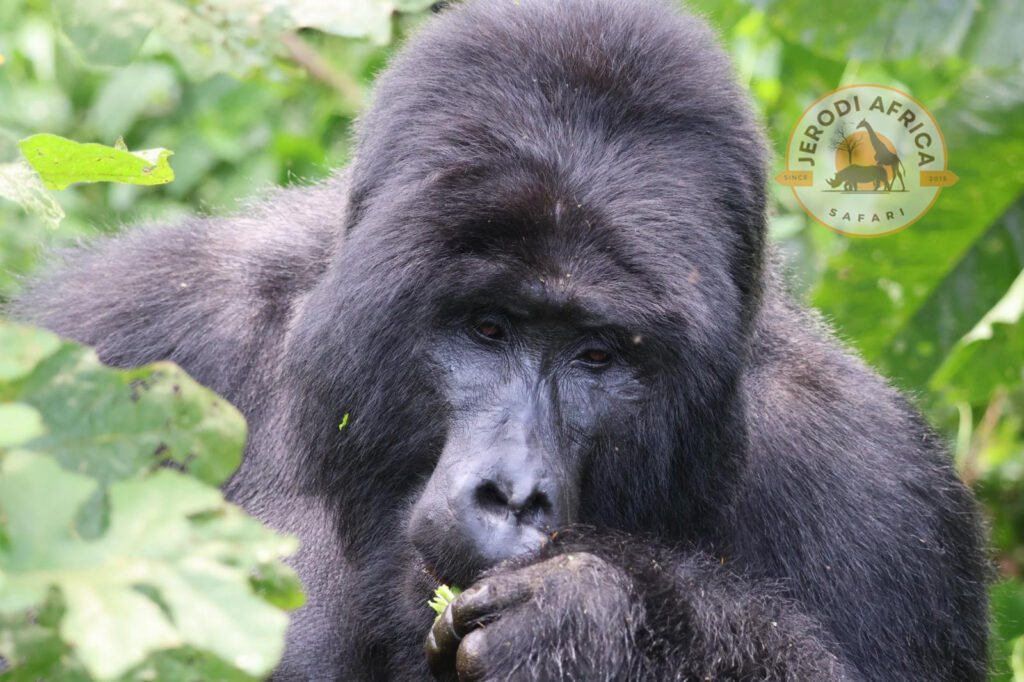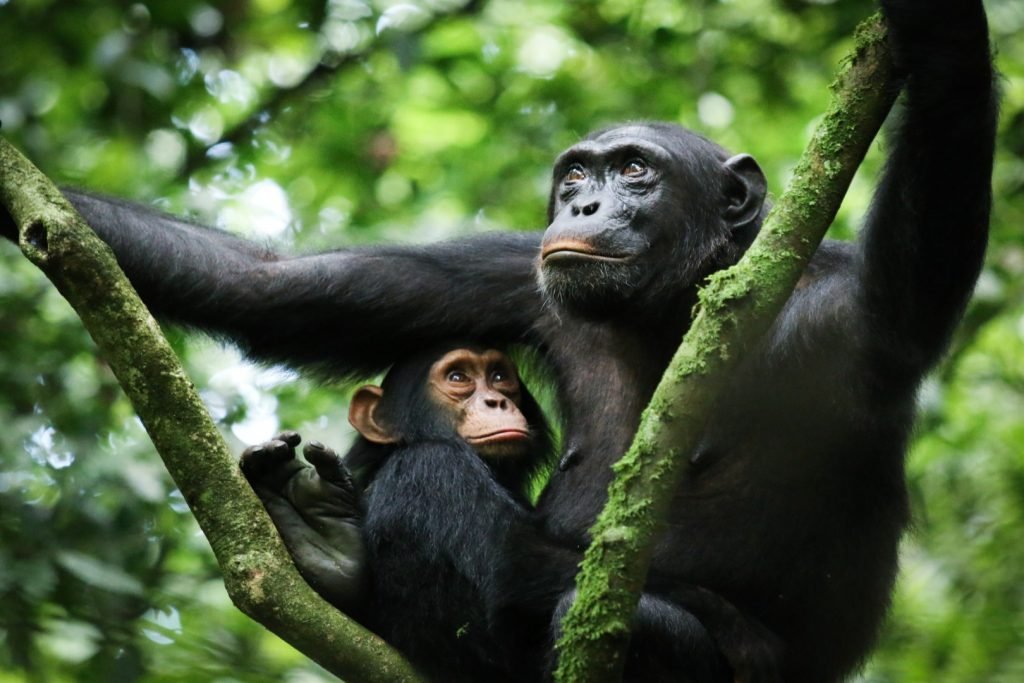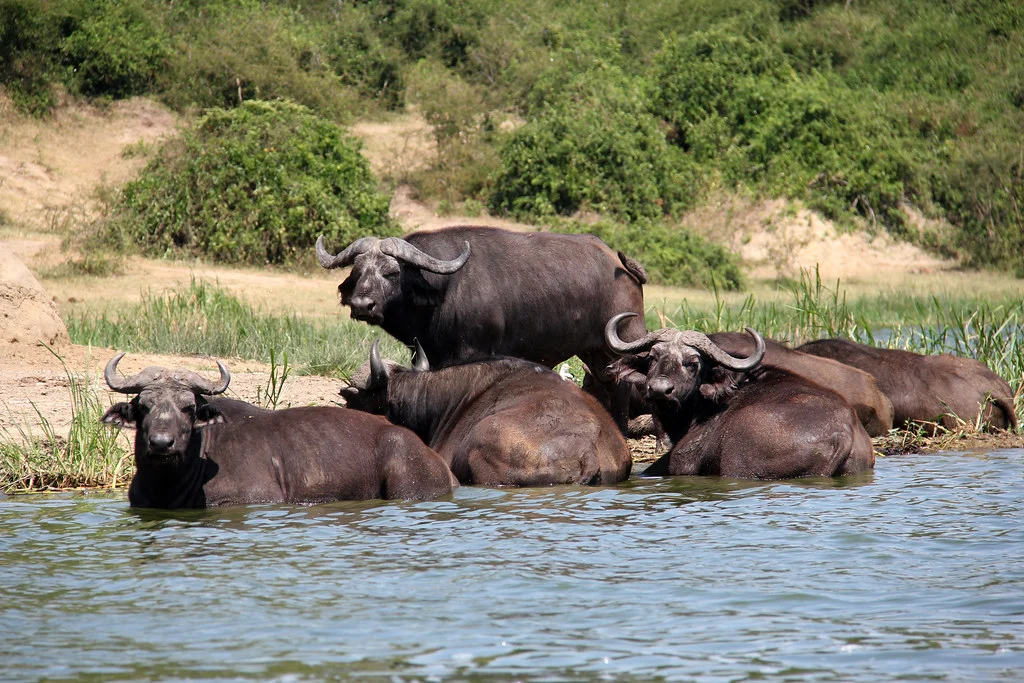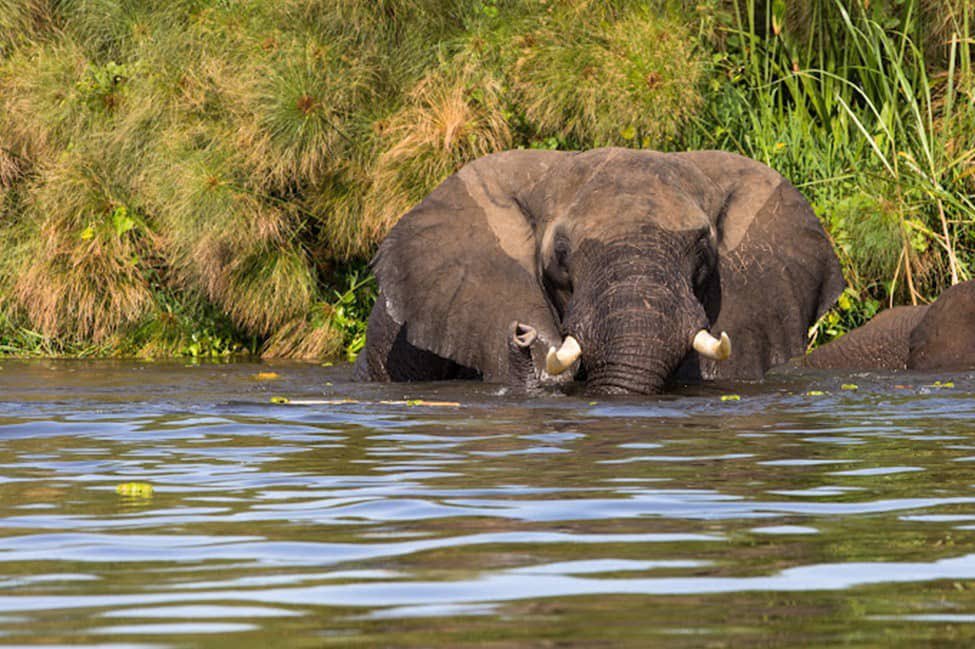
Key Takeaway
Do gorillas attack tourists? Gorilla attacks are extremely rare. They are gentle and peaceful creatures, especially when tourists follow park guidelines.
Introduction
Gorilla trekking is one of the most memorable wildlife adventures a traveler can experience. Many people, however, feel nervous at the thought of standing a few meters away from a huge silverback gorilla. It’s natural to wonder: do gorillas attack tourists?
The answer is reassuring—gorillas are generally calm and gentle animals. They rarely attack humans, and almost every trekking experience is peaceful when conducted with respect for the gorillas and adherence to park rules.
Understanding Gorilla Behavior
Gorillas live in family groups led by a dominant male known as the silverback. His main role is to protect the group and keep order. While he may sometimes display power through chest-beating, loud grunts, or mock charges, this is usually just a warning to show dominance.
Most of the time, gorillas spend their day feeding, playing, grooming each other, and resting. They are highly intelligent, social primates that prefer harmony to conflict. When tourists meet habituated groups—the ones gradually accustomed to human presence over several years—the animals generally go about their daily lives without showing fear or hostility.
Do Gorillas Really Attack Tourists?
Attacks on tourists are almost unheard of. The gorillas that travelers meet on treks are familiar with humans and understand that visitors pose no threat. What people sometimes interpret as “aggression” is usually a silverback putting on a display to remind everyone who is in charge.
Actual physical harm is extremely rare. In most cases, if a gorilla moves quickly toward a tourist, it is a bluff. The correct response is to remain calm, avoid eye contact, and follow the ranger’s guidance. Within seconds, the gorilla usually loses interest and returns to his group. Request Your Free Quote Now
Why Attacks Are Rare
There are a few reasons why gorilla attacks on tourists almost never happen:
- Habituation Process
Gorilla families are slowly introduced to human presence through a long, careful process. By the time tourists visit them, they are used to people. - Professional Guides
Every trek is led by experienced rangers who understand gorilla behavior. They position tourists at a safe distance and intervene if needed. - Strict Guidelines
Rules such as keeping seven meters away, avoiding sudden movements, and limiting group sizes reduce stress for the gorillas. - Gorilla Nature
Unlike predators such as lions, gorillas are herbivores. Their natural behavior leans toward peaceful coexistence rather than aggression.
Myths About Gorilla Aggression
Gorillas are often misunderstood because of their size and strength. Popular media sometimes portrays them as dangerous, fierce creatures. This has created myths that fuel unnecessary fear. Let’s clear up a few:
- Myth 1: Gorillas are naturally violent.
Reality: Gorillas are gentle giants. They prefer to avoid conflict and only show aggression if they feel their group is threatened. - Myth 2: Silverbacks always attack outsiders.
Reality: Silverbacks are protective, but they usually rely on displays like chest-beating to warn rather than physical attacks. - Myth 3: Tourists are at high risk.
Reality: Habituated gorillas are used to humans. With guides present, the risk of attack is extremely low.
By separating myth from fact, tourists can approach gorilla trekking with confidence and appreciation instead of fear.
How to Stay Safe Around Gorillas
How to Stay Safe Around Gorillas
1. Keep a respectful distance
Always stay at least seven meters away from gorillas. This gives them space and prevents unnecessary stress.
2. Follow ranger instructions
Rangers know how to read gorilla behavior. If they tell you to stop, crouch, or step back, do so immediately.
3. Stay calm and quiet
Loud noises or sudden movements can make gorillas uneasy. Move slowly and speak softly.
4. Avoid direct eye contact
Gorillas may interpret staring as a challenge. Looking slightly downward shows respect.
What If a Gorilla Charges?
If a silverback charges, it is usually a display meant to scare rather than harm. The safest action is to stay where you are, crouch slightly, and avoid eye contact. Running away can trigger pursuit, while remaining still shows submission. Rangers will guide you through the moment until the gorilla relaxes.
Wild vs. Habituated Gorillas
It’s important to understand the difference between wild gorillas and habituated gorillas.
- Wild Gorillas: These have had little or no human contact. They may be unpredictable and more defensive if approached. Encountering them without guides is dangerous and strongly discouraged.
- Habituated Gorillas: These groups have undergone years of careful training by conservationists and rangers to accept human presence. They are calm, tolerant, and safe to visit under supervision.
Tourists only visit habituated groups. This ensures that interactions are safe both for people and for gorillas.
Are Gorillas Friendly Toward Humans?
Yes, gorillas are generally tolerant and sometimes even curious about visitors. Infants may approach playfully, while adults usually continue feeding or resting. However, it’s important to remember that they are still wild animals. Respecting boundaries ensures that both people and gorillas remain safe. Request Your Free Quote Now
Why Gorilla Tourism Is Safe and Valuable
Gorilla trekking is not only safe but also helps conserve the species. Entrance fees and permits fund ranger patrols, veterinary care, and local community projects. Because of tourism, gorilla populations have been slowly increasing, making this one of conservation’s success stories.
When visitors follow the rules, trekking becomes a win-win: travelers enjoy unforgettable encounters, while gorillas benefit from protection and funding. Request Your Free Quote Now
So, do gorillas attack tourists? The truth is that gorillas are calm, intelligent, and non-aggressive by nature. With proper guidance and respect for their space, encounters remain safe, rewarding, and unforgettable. Request Your Free Quote Now
Conclusion
Tourists can enjoy the thrill of standing close to these magnificent primates, knowing that they are in the hands of skilled guides and protected by rules that prioritize both human safety and gorilla wellbeing.
Gorilla trekking remains one of the most inspiring wildlife adventures in the world—an experience that shows how humans and nature can coexist peacefully.
Useful links: Online Visa Application

















